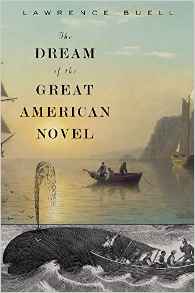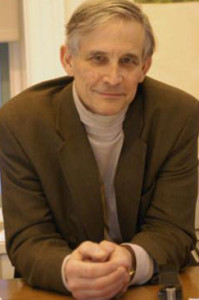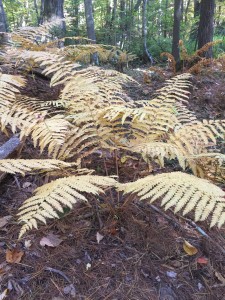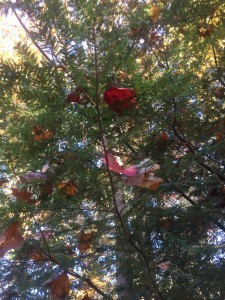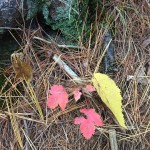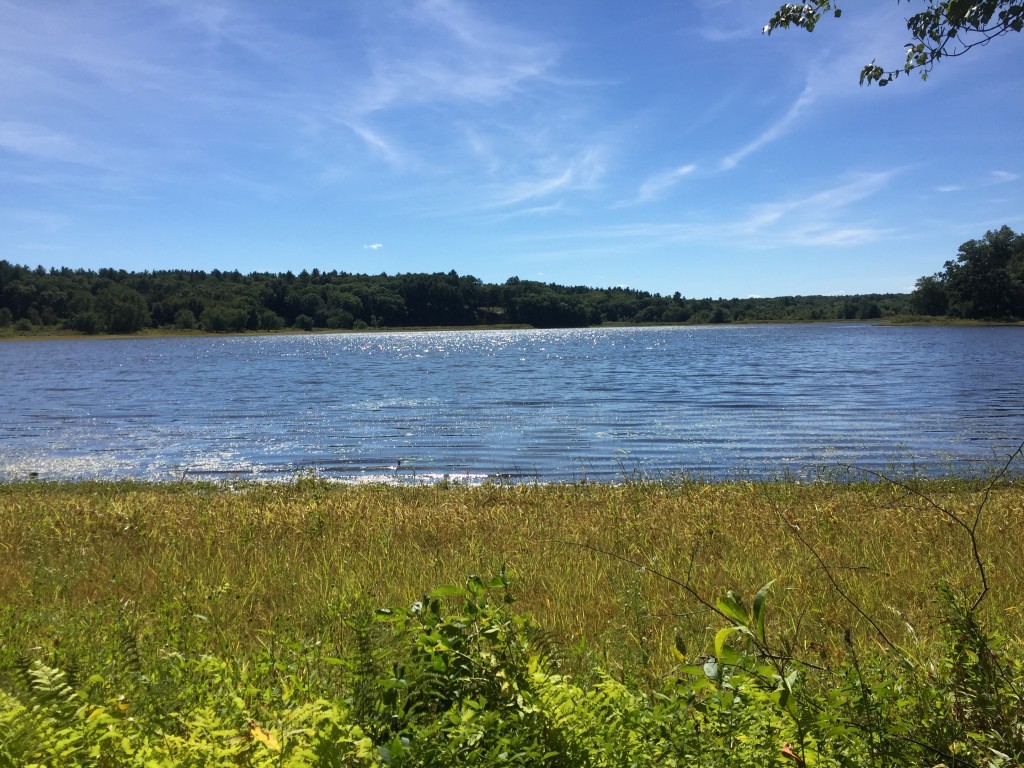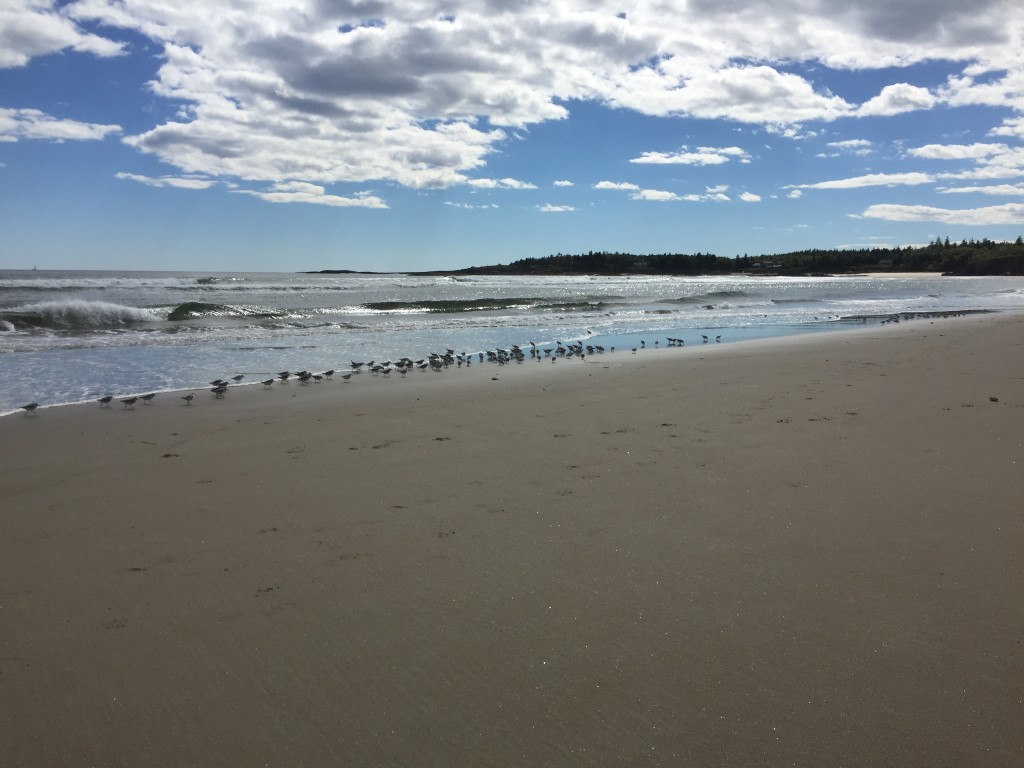By Corinne H. Smith
At Thoreau Farm on Wednesday, November 2, 2016, Dr. Lawrence Buell will speak on the topic of his latest book, The Dream of the Great American Novel, and Why It Continues to Thrive. He appears as part of the annual Concord Festival of Authors. The talk will begin at 7:30 p.m. All are welcome to attend.
Dr. Buell is the Powell M. Cabot Professor of American Literature Emeritus at Harvard University. He taught at Harvard from 1990-2011, and has earned many awards and honors along the way. He has also written and edited a number of books, including New England Literary Culture: From Revolution through Renaissance; The Environmental Imagination: Thoreau, Nature Writing, and the Formation of American Culture; and a biography of Ralph Waldo Emerson. In The Dream of the Great American Novel, Buell identifies four templates or scripts by which the literary genre can be considered. Such key books as The Scarlet Letter, The Great Gatsby, Uncle Tom’s Cabin, and Moby Dick turn out to be touchstone and model writings that have inspired others to follow. Buell’s presentation will no doubt be of interest to those of us who are avid readers or writers, or both.
We know Professor Buell as Larry. He has long been a Thoreau Farm supporter, and he serves on our Board of Trustees. His admiration of Henry David Thoreau dates back to his days of growing up in the area just west of the city of Philadelphia, Pennsylvania. Larry first came to Thoreau’s writings in his senior year of high school. He could relate to the Transcendentalist immediately. “He appealed to me with his cantankerousness and rustic tastes,” Larry says. “I grew up in a then-country locale that, like Thoreau’s Concord, underwent suburbanization.” He has carried a fondness for Thoreau ever since. And he has both taught and written about the man for decades.
While Larry has many favorite Thoreau quotes, he fires off two of them quickly: “Beware of all enterprises that require new clothes,” from Walden; and “It is so hard to forget what it is worse than useless to remember,” from “Life without Principle.”
Like us, Larry believes that Thoreau’s life and work are relevant to our own lives today. He says, “In our increasingly urbanizing, regimented, crowded, and commodity-saturated world, Thoreau’s pastoral pushback, critique of business-as-usual work ethic, insistence on breathing space, and think-small voluntary simplicity will never go out of fashion. These ideas also allowed Thoreau to be a political conscience without the fear of reprisal that might inhibit those of us with more complicated entanglements.”
Please join us as we host Dr. Lawrence “Larry” Buell at Thoreau Farm this Wednesday evening, November 2, 2016.

